Exemplar Type: PERFORMANCE CRITERIA
Title: Closing the Opportunity Gap: 10 Instructional and Organizational Criterion with Rubrics
Grades: Pre-K - 12
Discipline: Interdisciplinary
Submitted By: Greg Smith
Summary: At the most basic level, a School of Opportunity must strive to ensure that all students have access to rich, challenging and supported opportunities to learn. This means that the school’s best opportunities cannot be exclusive or rationed. For this reason, we will not recognize a school as a “School of Opportunity” if it significantly restricts or stratifies student access to those best opportunities. In addition, we will not recognize a school as a “School of Opportunity” if it has “zero tolerance” policies or other discipline policies that unnecessarily exclude students from opportunities to learn.
Big Ideas
A healthy and sustainable future for human and other life is possible
Every system is perfectly formed to get the results it gets
There is no beginning or end in a system. Intervene where there are favorable conditions, i.e., where and when possible
Fairness applies to all. To us, to them and to the "we" that binds us all together
Sustain-ability requires individual and social learning and community practice
We are all responsible for the difference we make. Everything we do and everything we don't do makes a difference
Higher Order Thinking Skills
Mindful: Metacognition
Mindful: Questioning
Mindful: Reflective Thinking
Mindful: Transference
Dispositions
Curious
Efficacious
Motivated
Respectful
Self Aware
Applications and Actions
Engage in Dialogue
Teach and Learn
Design to optimize health and adaptability
Empower people and groups
Make the least change for the greatest effect
Take responsibility for the difference you make
Be inclusive
Practice justice and equity for all
Take responsibility for the effect you have on future generations
Treat others with respect and dignity
Listen to one another
Serve your community
Community Connections
Evaluate progress (read the feedback), reflect, adjust, and continually improve performance
School buildings and grounds serve the whole community as learning hubs for continuing education of individuals as well as school and community stakeholders to learn together for the future they want
Provide Independent and Curriculum Based Learning Sites (case studies, learning journeys, research sites)
Provide Physical spaces for school and community stakeholders to learn and work together for the future they want







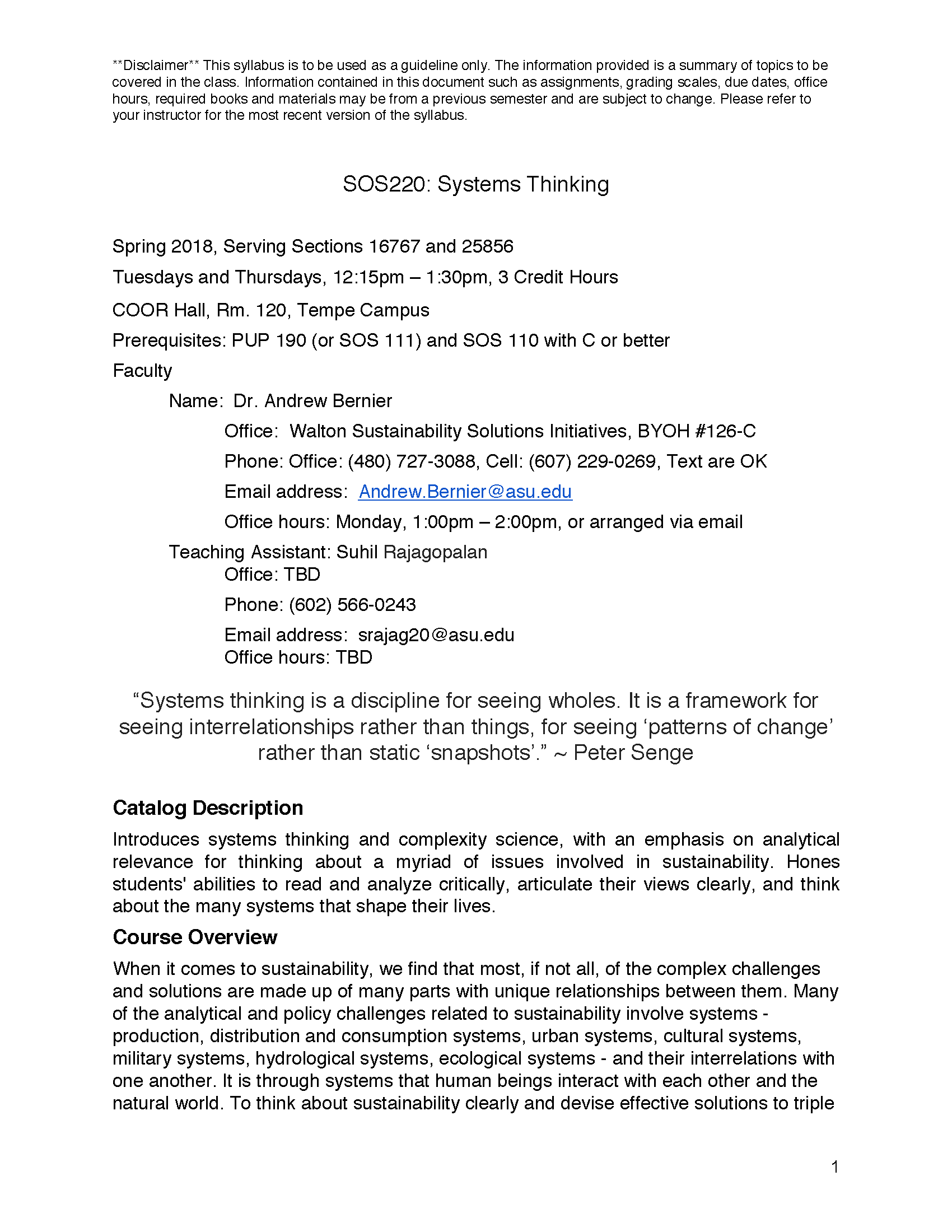
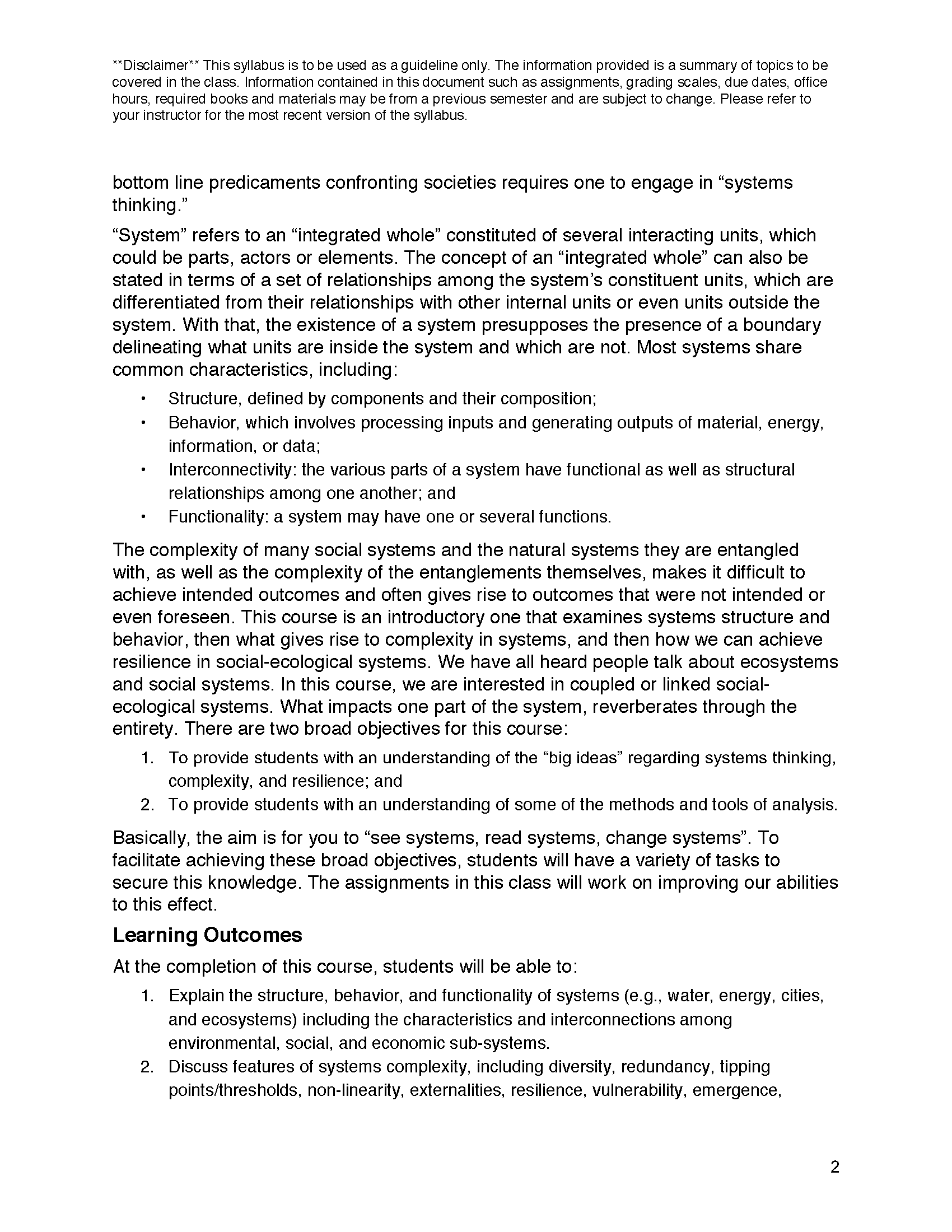
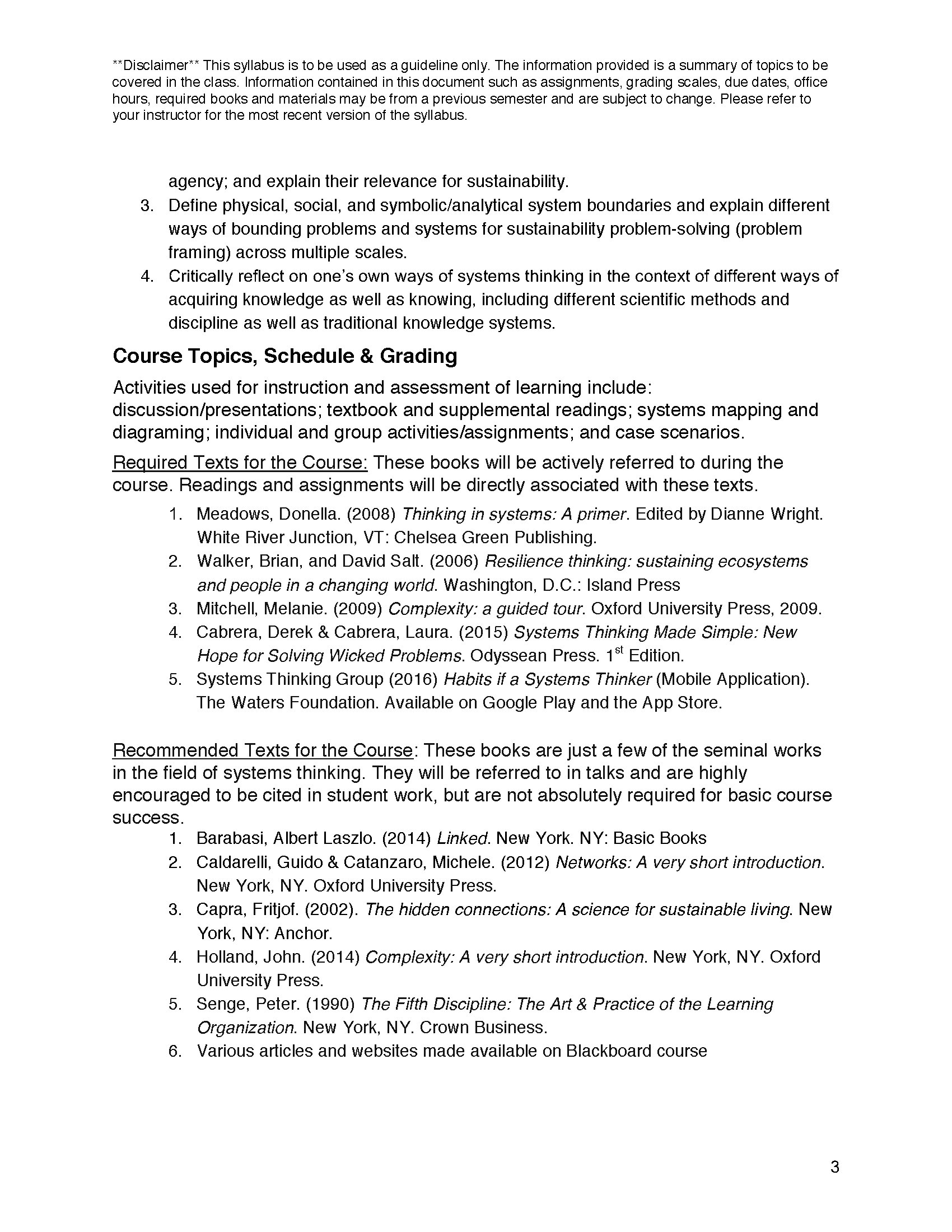
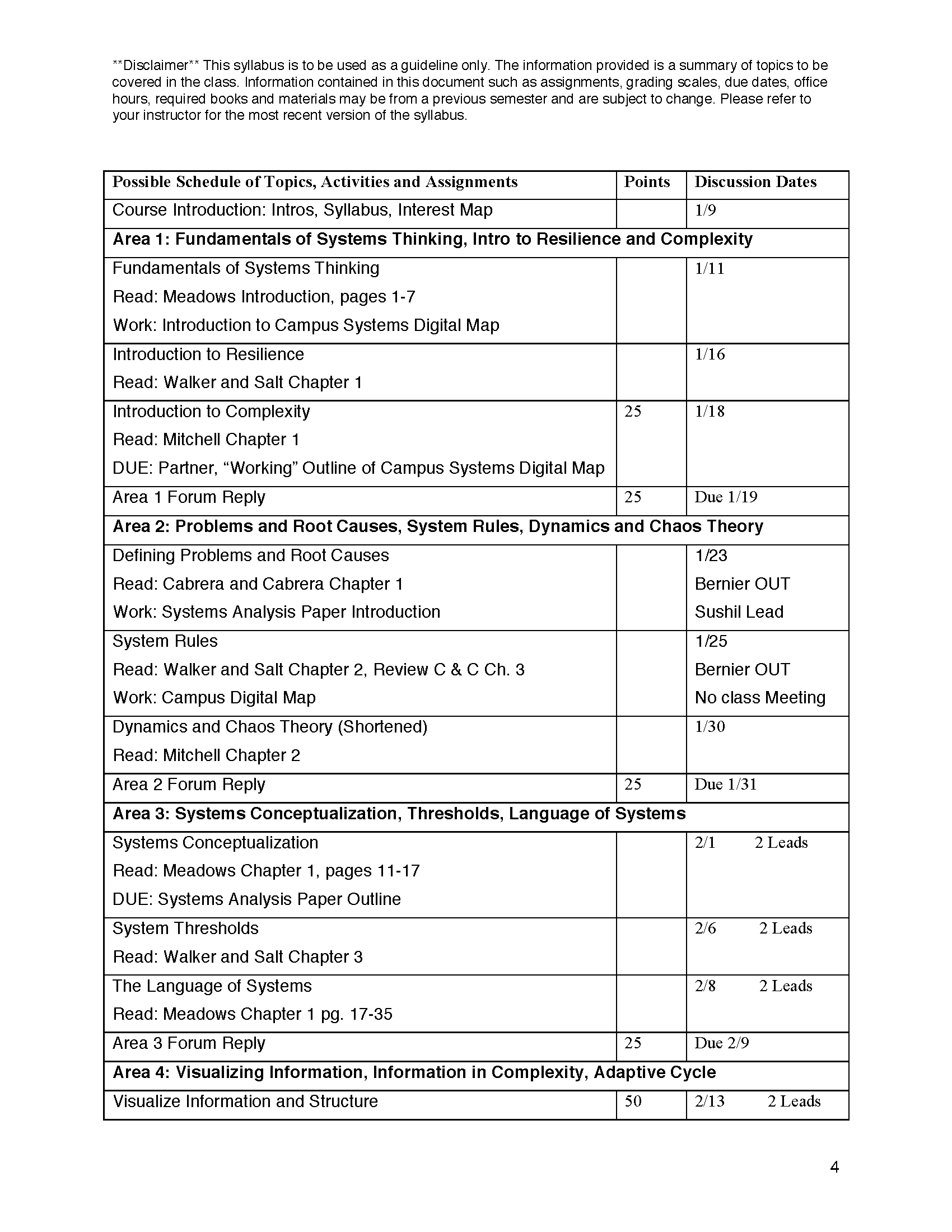
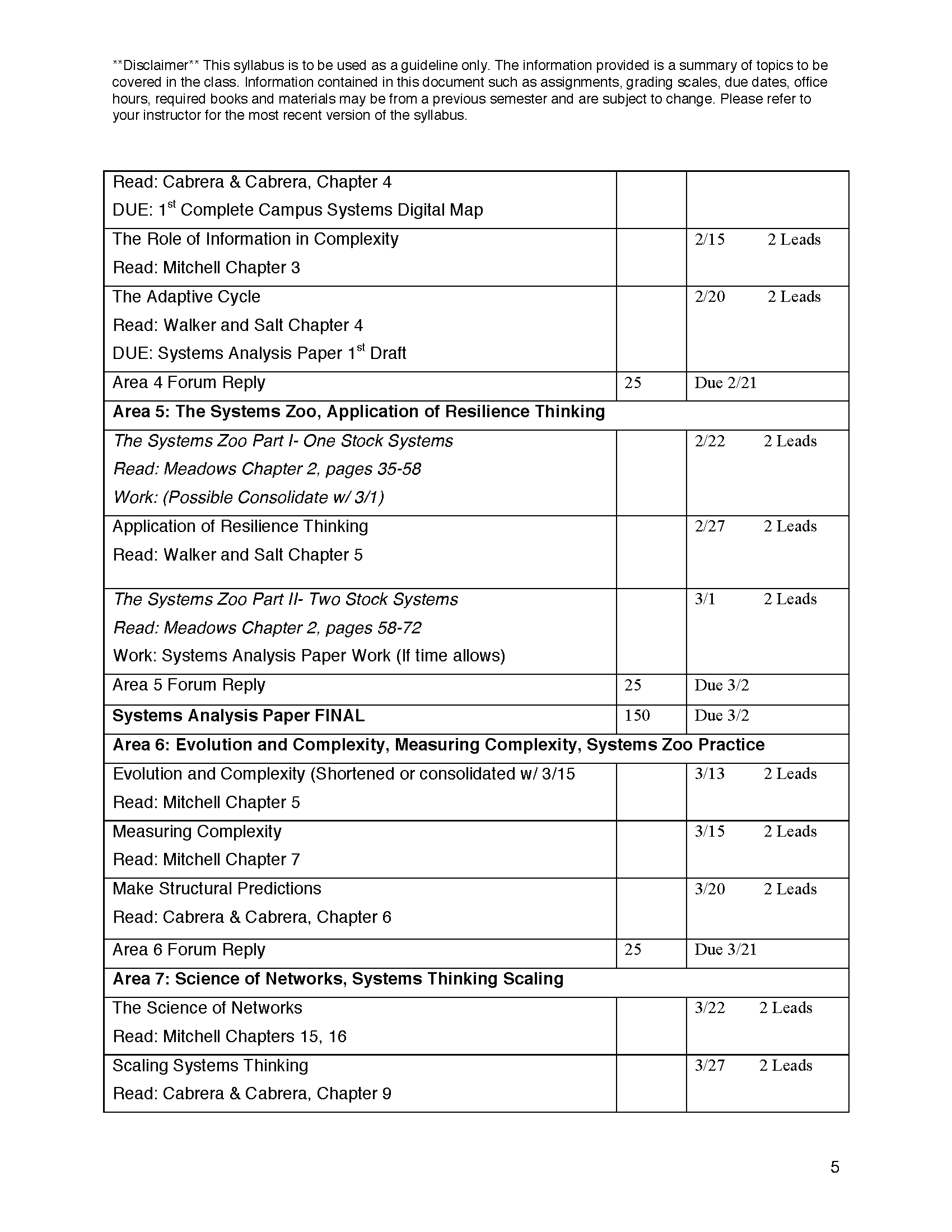
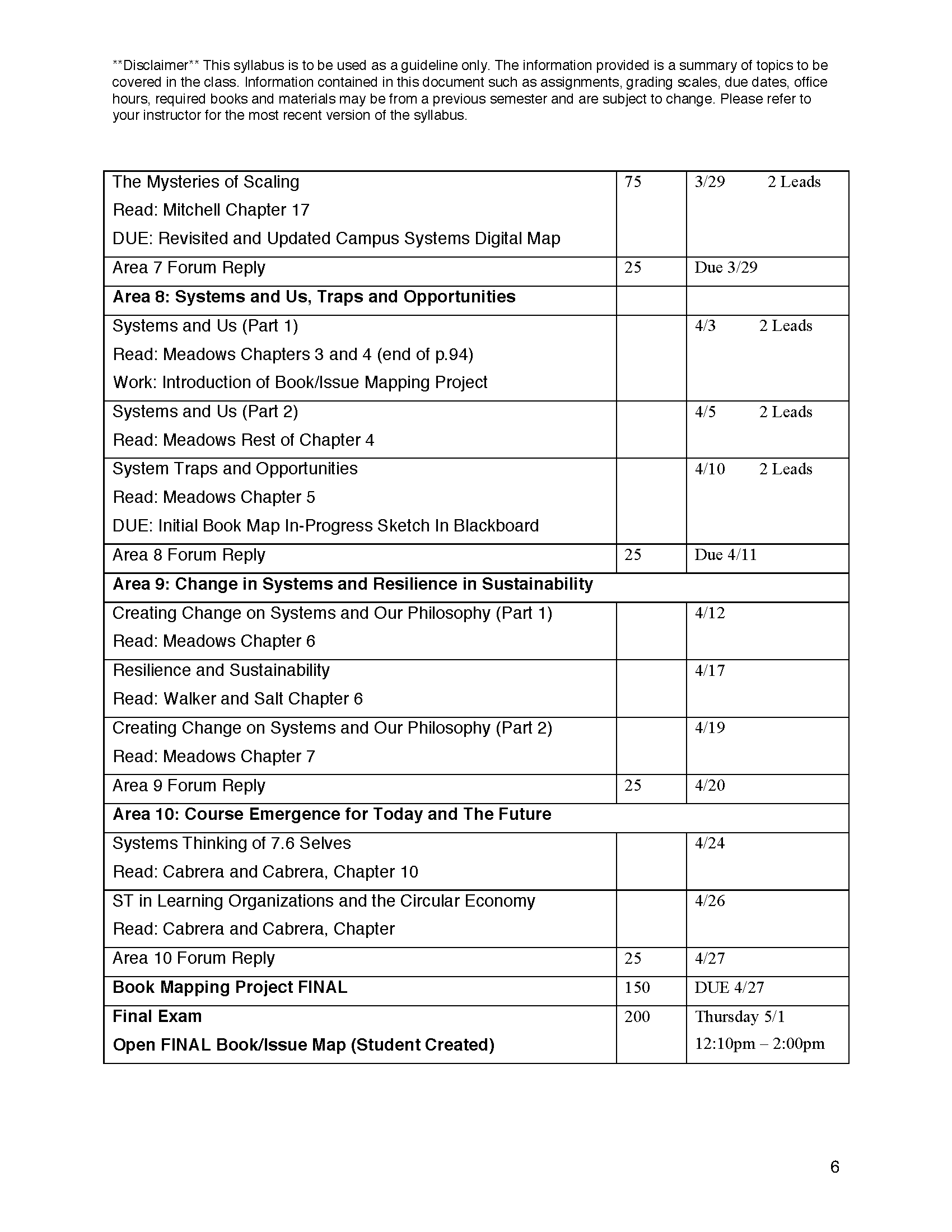
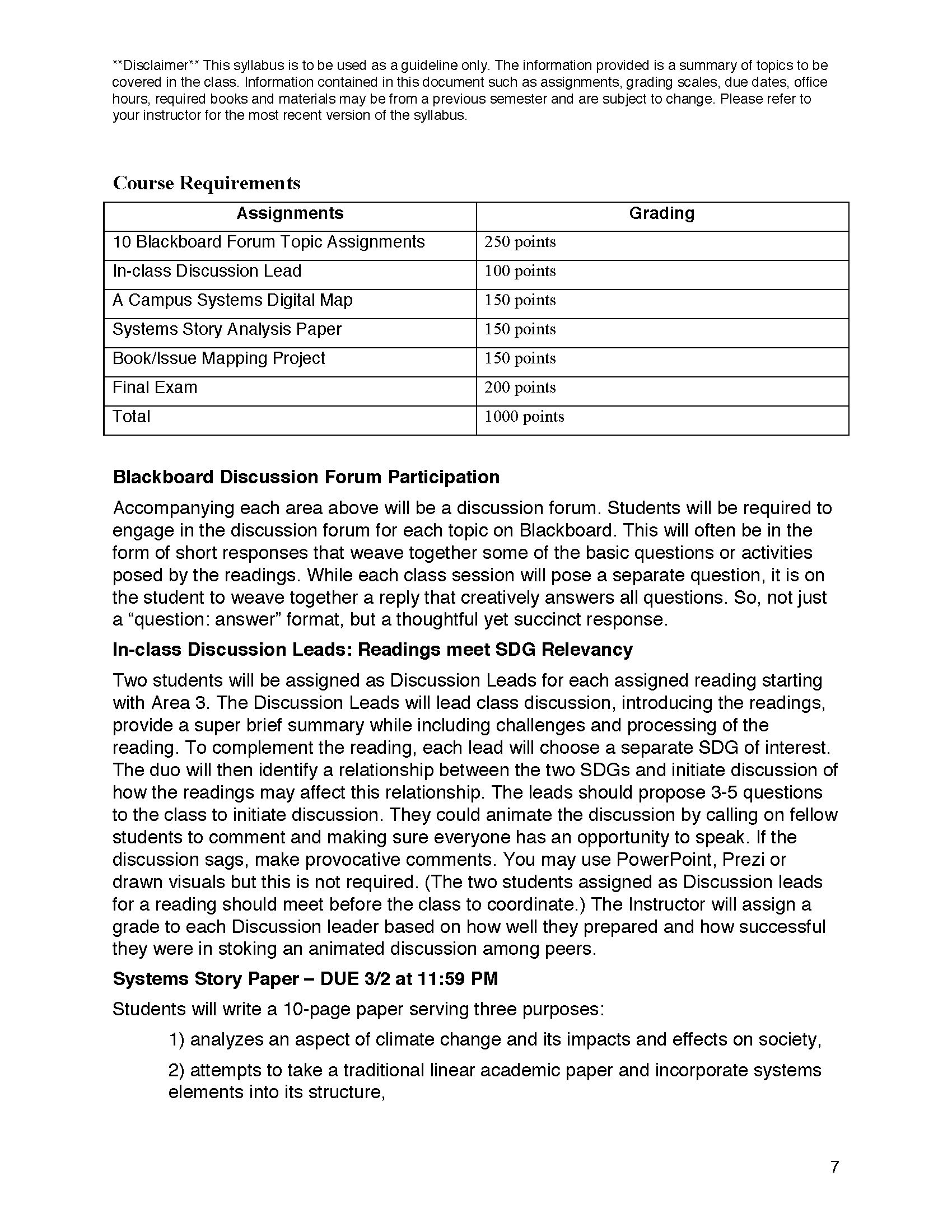
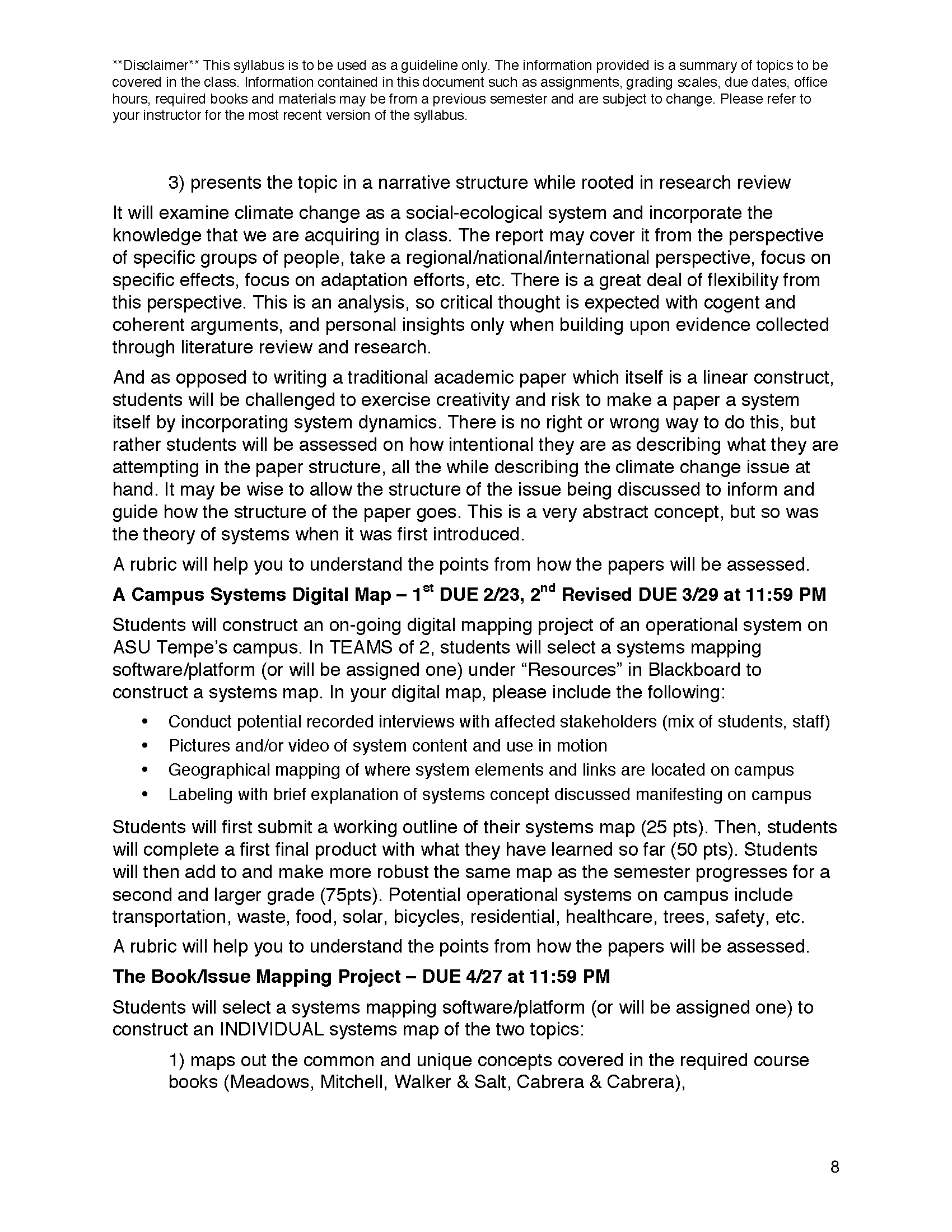
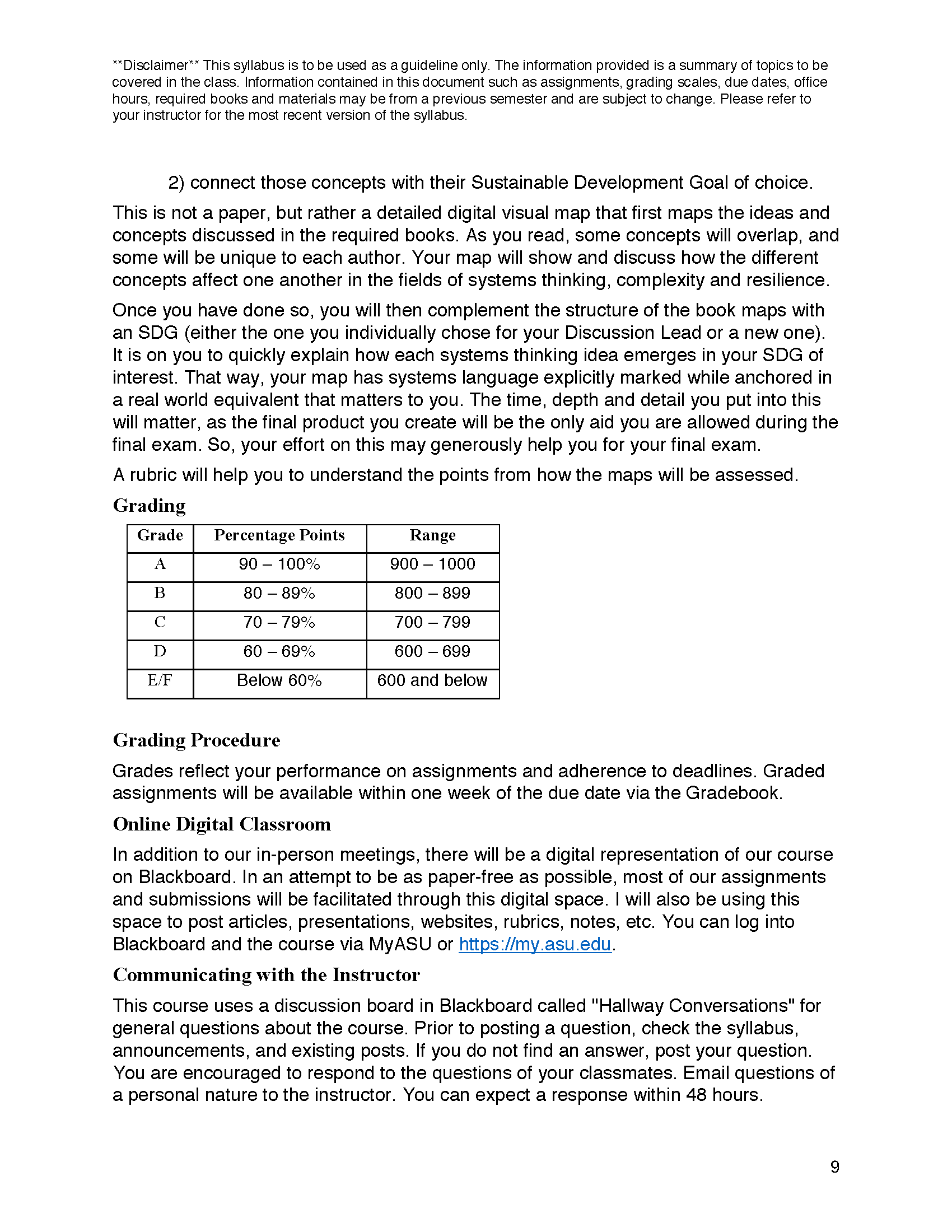
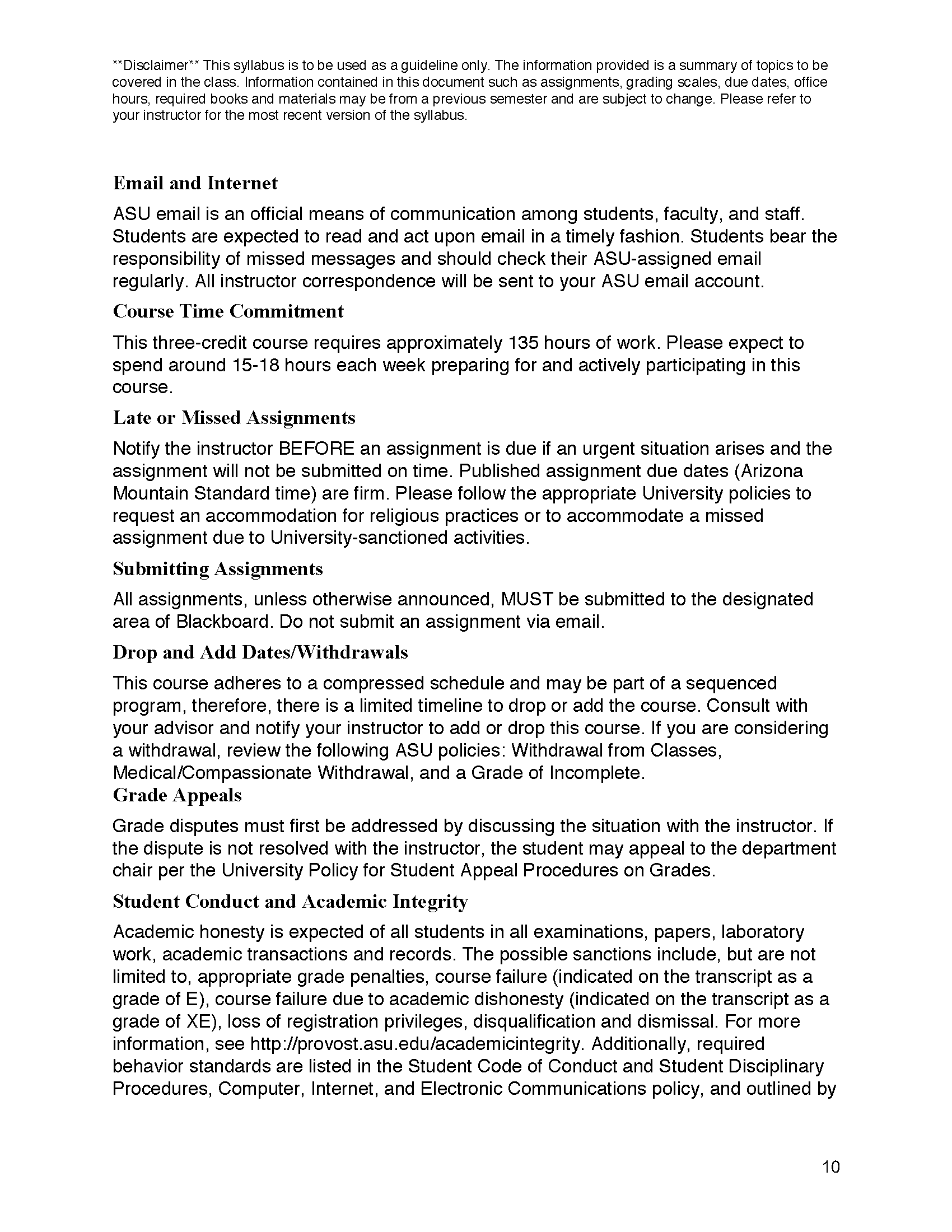
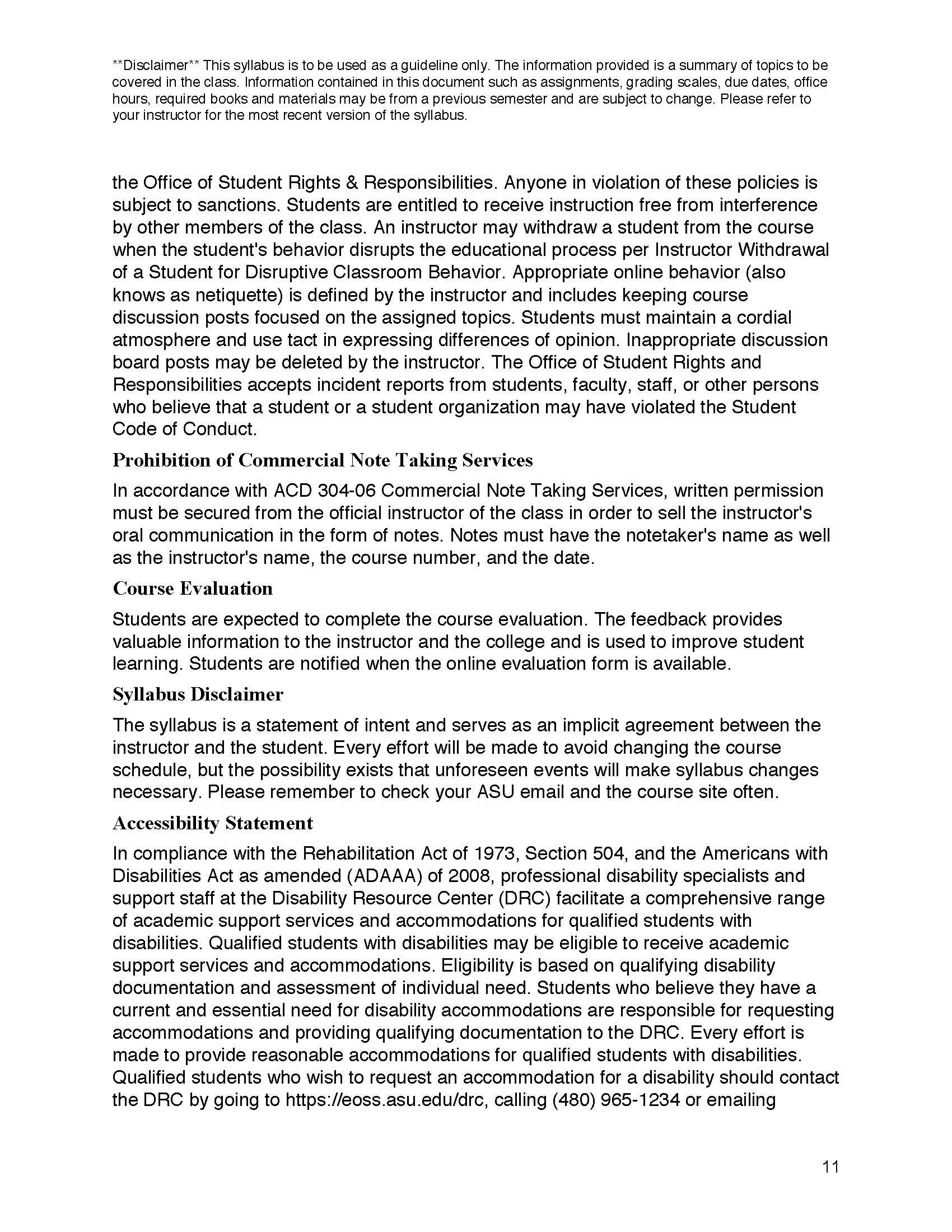
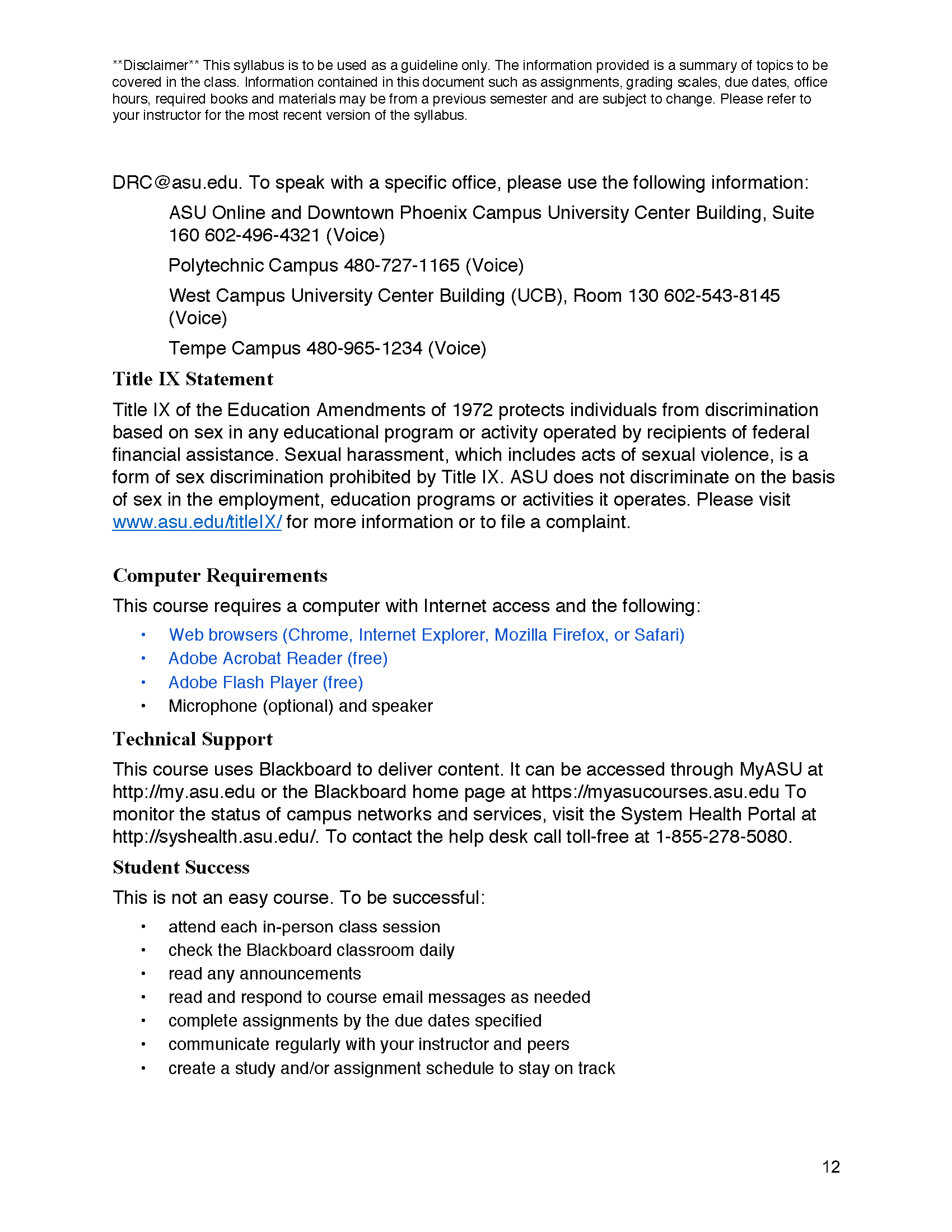



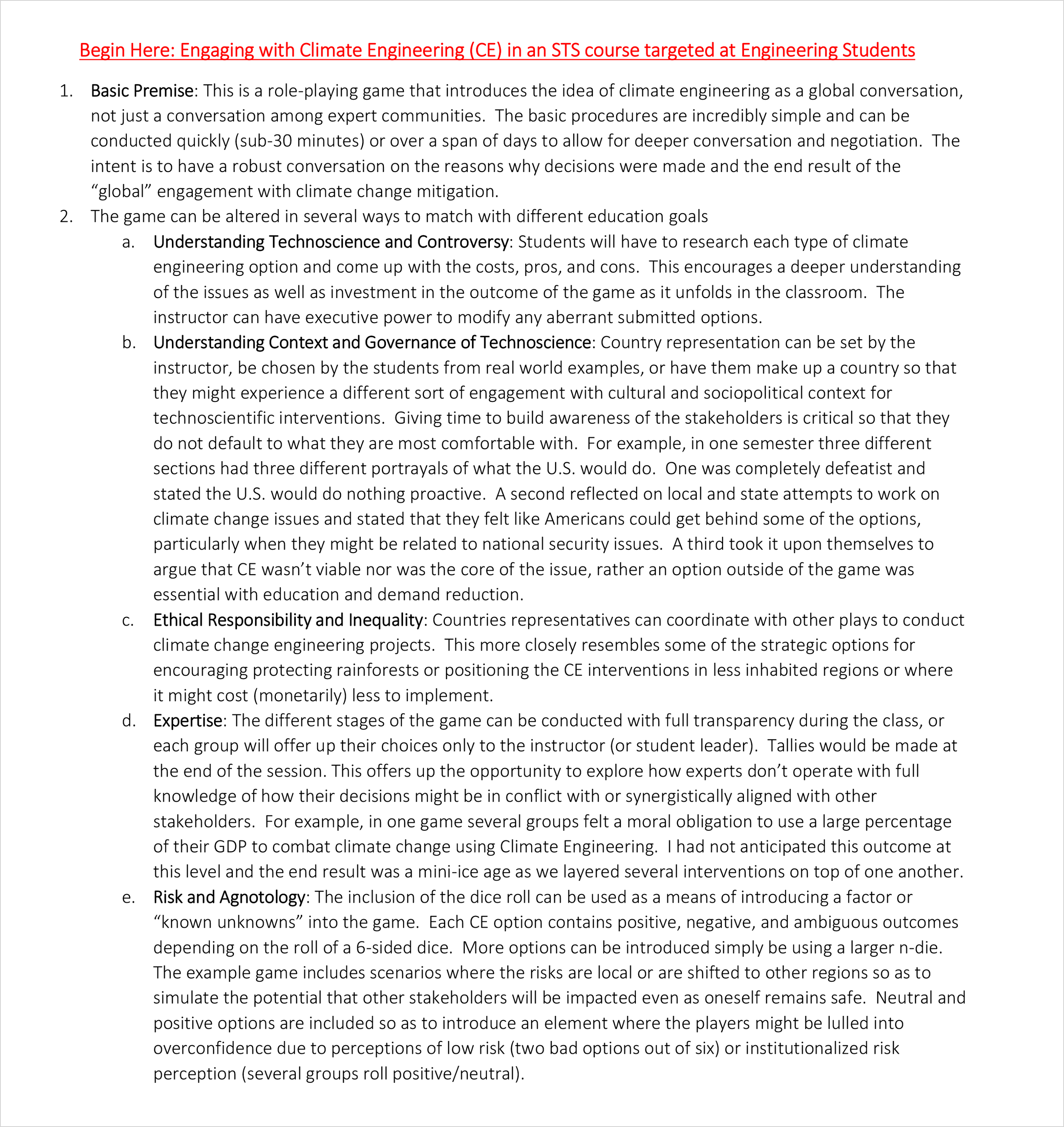

![The Fish Game Facilitator's Guide [excerpt]_Page_1.png](https://images.squarespace-cdn.com/content/v1/5db1e8ca57faeb4690f787ee/1581543518990-918S2CAF8UMELKDLDFUZ/The+Fish+Game+Facilitator%27s+Guide+%5Bexcerpt%5D_Page_1.png)
![The Fish Game Facilitator's Guide [excerpt]_Page_2.png](https://images.squarespace-cdn.com/content/v1/5db1e8ca57faeb4690f787ee/1581543518955-5SRC2EZ8N1OLS884EWYB/The+Fish+Game+Facilitator%27s+Guide+%5Bexcerpt%5D_Page_2.png)
![The Fish Game Facilitator's Guide [excerpt]_Page_3.png](https://images.squarespace-cdn.com/content/v1/5db1e8ca57faeb4690f787ee/1581543519457-2K5KMYY54CYUQYXWEV85/The+Fish+Game+Facilitator%27s+Guide+%5Bexcerpt%5D_Page_3.png)
![The Fish Game Facilitator's Guide [excerpt]_Page_4.png](https://images.squarespace-cdn.com/content/v1/5db1e8ca57faeb4690f787ee/1581543519549-VFB9Z1ZSPAGGHLIN03SN/The+Fish+Game+Facilitator%27s+Guide+%5Bexcerpt%5D_Page_4.png)